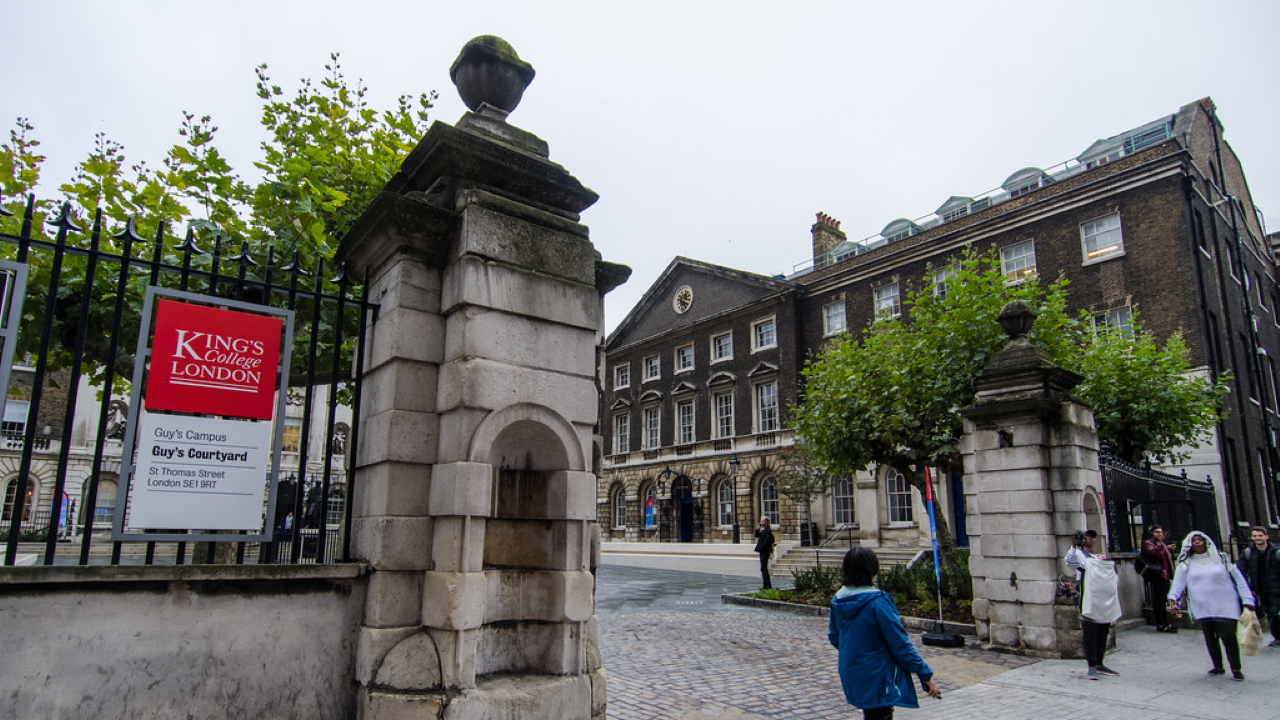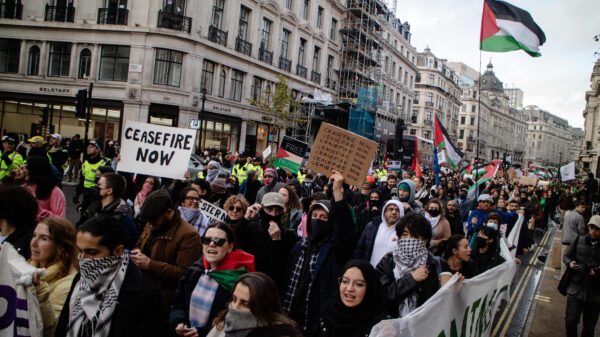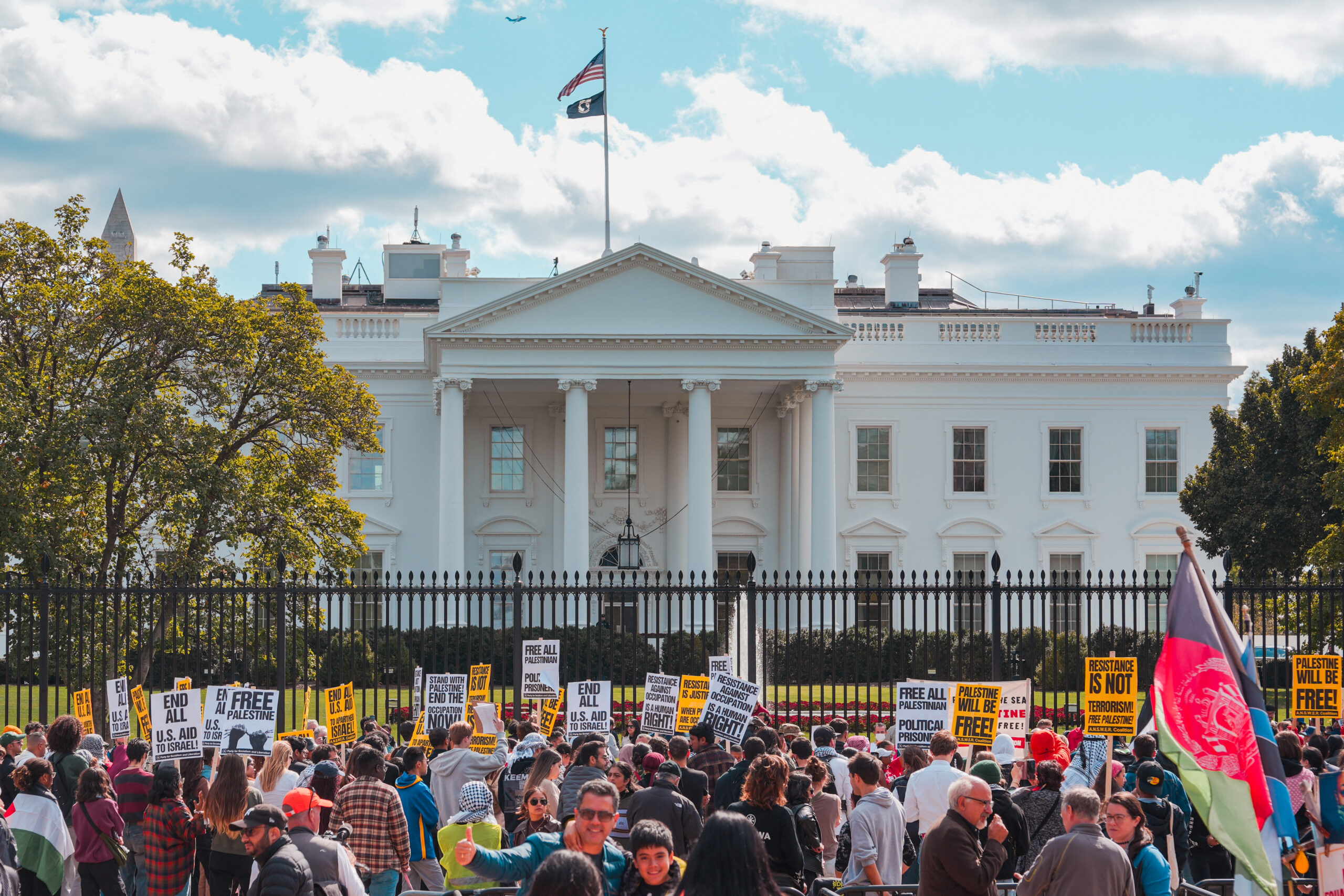Roar writer Hanna Pham on Ben & Jerry’s ice cream and the authenticity of political activism in businesses and corporations.
Amidst an extremely divisive political climate, it is seemingly impossible for individuals to not have an opinion on the current state of the world and this logic applies to businesses as well.
As consumers, it is important for us to err on the side of caution as big-name brands take a stance against systemic racism or the coronavirus pandemic without addressing their internal issues regarding these matters. However, the prominence of unexpected businesses authentically raising awareness of social issues, specifically ice cream brands, in our daily lives is hard to ignore.
Ben & Jerry’s, arguably the best ice cream you can buy in a supermarket, has a long history of speaking out in solidarity with LGBT equality, climate change, democracy, and most recently the Black Lives Matter movement. While many brands posted a black screen and a corresponding hashtag in solidarity with the movement, Ben & Jerry’s voiced their support four years ago when many companies found it too polarizing an issue to speak on publicly.
In light of George Floyd’s death, they posted an essay on their website reaffirming their commitment to Black Lives Matter and “the urgent need to take concrete steps to dismantle white supremacy.â€
Firstly, Ben & Jerry’s called upon President Trump to no longer use Twitter to fan the flames of white supremacy and called upon Congress to pass H.R. 40, creating a commission to analyze the effects of slavery and how they could be remedied. They also called for the authorization of legislation to promote police accountability and combat racial violence and for the recommitment of more energy to the Civil Rights division in the Department of Justice.
However, they go beyond just broad statements— their political beliefs present themselves through their products. As an ice cream brand, they have a unique means by which they make their products reflect their political beliefs. To celebrate the Supreme Court’s decision to uphold marriage equality, “I Dough, I Dough“ was released.
“The Flavor Empower Mint” was released on the anniversary of the 1954 Brown vs Board of Education ruling that ended segregation in schools, and part of its sales were redirected to the North Carolina NAACP. The flavour, Love Is, released on Valentine’s Day in 2019, had part of its profits go to the charity Refugee Action, because “Ben & Jerry’s is about sharing loveâ€. On top of that, Ben and Jerry themselves were arrested in 2016 while protesting in Washington D.C. In essence, it seems like every aspect of Ben & Jerry’s is a reflection of their political beliefs.
In today’s political climate, 70% of consumers want to know how brands handle social and economic issues — Ben & Jerry’s is a prime example of a company long associated with having a politically conscious core. That being said, even with the overt progressiveness of Ben & Jerry’s they have caught criticism from Palestinian rights groups regarding business practices in the contested area of the West Bank. According to the United Nation Human Rights Office Ben & Jerry’s, alongside 112 other companies, have profited from allowing their ice cream to be sold by the Israeli supermarket, Shufersal, that “profit from settlement activity in the West Bank.”
While it is encouraging to see consumers care more about the ethical practices of corporations, it remains unclear to what extent businesses, in general, commodify social issues for their profits, versus having an authentic progressive stance. As previously mentioned, the ongoing Black Lives Matter movement has sparked companies to post on social media in solidarity, but not to address how systemic racism feeds into their own companies specifically.
Looking to the future, will corporations strive to genuinely support social issues as demanded by consumers? Or will they pander to whatever issues are topical in the news to drive up profits?
















